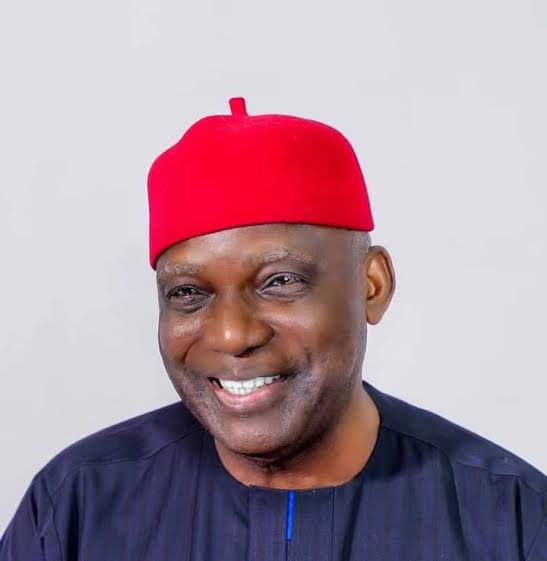An expert in Artificial Intelligence (AI) has called on Nigerian financial institutions and regulators to embrace AI and formulate frameworks for its adoptation.
The call was made by the Managing Partner of Verraki, Mr. Olaniyi Yusuf, in a paper titled “AI and the Future of Trust: Reimagining Banking and Financial Services in a Digital-First Era.”
Yusuf said that the use of AI in Nigeria financial service include automated credit scoring and loan processing by platforms like Fair Money.
Others are fraud detection in digital banking and AI powered chatbots and service assistants.
He defined AI as simulation of human intelligence in machines that can perform tasks such as problem solving, learning, reasoning and decision making.
He said: “AI is rapidly transforming financial services sector,” therefore, “a robust AI framework must be established to provide safeguards.”
He added that “like other technologies before it, we must be deliberate to maximise the benefits and mitigate the risks of AI.”
These steps, according to him, should include governance which “define trust parameters and AI guardianship to enable consent driven systems to promote trust and inclusion” as well as fostering “ethical AI development and human centric design while building awareness, literacy, skills and talent development to promote an inclusive AI ecosystem.”
He also said that the framework should also “promote explainability, transparency and accountability on AI systems through regulations, data privacy and consumer protection.”
In addition, “local regulators/regulations should encourage innovation, local datasets, consumers’ protection and enhance international collaborations on AI to reduce cost,” he said.
He also called for support for “AI startups, entrepreneurs and the ecosystem to ensure that failures are not fatal and that we are not only AI Consumers.”
Yusuf identified AI as a powerful tool with the potential to help tackle complex problems quickly and at scale.
He, however, added that AI also poses considerable risks, including “misinformation and disinformation, inherent biases, affecting everything from job markets to democratic values.
“We must pay close attention to the mitigants to make positive changes happen.”
Barriers to the adoption of AI in Nigeria, according to him, digital infrastructure deficits, limited broadband penetration, high costs and economic barriers, digital literacy gap, regulatory barriers and training data barriers.
He asserted that AI has emerged as one of the most transformative technologies of the 21st century, shaping industries and revolutionising the way wpeopl live, work, and interact.
“AI has come a long way from its nascent stages to the sophisticated systems we see today.
“Self-service banking is being transformed by AI through predictive maintenance, fraud detection and personalized ATM experiences,” he said.
Yusuf said that opportunities in financial service include AI agent “software with the agency to make decisions where humans can review but do not approve before action is taken.”
He noted that many financial institutions lack capacity, skills and capability to build and maintain modern AI infrastructure and AI agents and would depend on third parties for embedded AI.
He also advised regulated financial institutions to avoid compliance mistakes, which demands developing partnership with specialist providers who manage the heavy lifting of training, managing and optimising AI agents.
Yusuf also stated that the Continental Artificial Intelligence Strategy (CAIS) called for African-owned, people centered, development oriented and inclusive approach to accelerate African countries’ AI capabilities in infrastructure, talent, datasets, innovation and partnerships while also ensuring adequate safeguards and protection from threats” in order to adapt AI to African realities.





